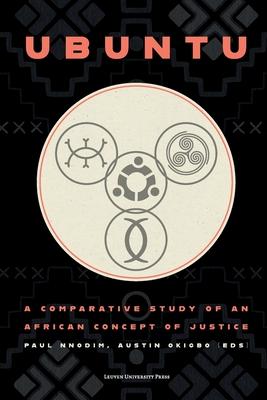Ubuntu is an African philosophical tradition that embodies the ability of one human being to empathize with another. It is the quintessence of African humanism, communalism, and belonging. As the late Archbishop Desmond Tutu anticipated, Ubuntu resonated with the moral intuition of the majority of black South Africans in the 1990s. As a result, it became the foundational ethical basis for articulating a new post-apartheid era of reconciliation and forgiveness in the face of a history marked by brutal racial violence. Yet Ubuntu, as a philosophy or ethical practice which has arguably come to represent African humanism and communalism, has not been sufficiently assimilated into contemporary philosophical scholarship.
This anthology weaves interdisciplinary perspectives into the discourse on African relational ethics in dialogue with Western normative ideals across a wide range of issues, including justice, sustainable development, musical culture, journalism, and peace. For the first time in contemporary philosophical scholarship, it describes the philosophy of Ubuntu for both African and non-African scholars. Comprehensively written, this book will appeal to a broad audience of academic and non-academic readers.
This book will be made open access within three years of publication thanks to Path to Open.
Contributors: Aboubacar Dakuyo (University of Ottawa), Brahim El Guabli (Williams College), Leyla Tavernaro-Haidarian (University of Johannesburg), Damascus Kafumbe (Middlebury College), Joseph Kunnuji (University of the Free State), David Lutz (Holy Cross College, Notre Dame), Thaddeus Metz (University of Pretoria), Emmanuel-Lugard Nduka (media practitioner), Levi U.C. Nkwocha (University of Saint Francis, Fort Wayne).
